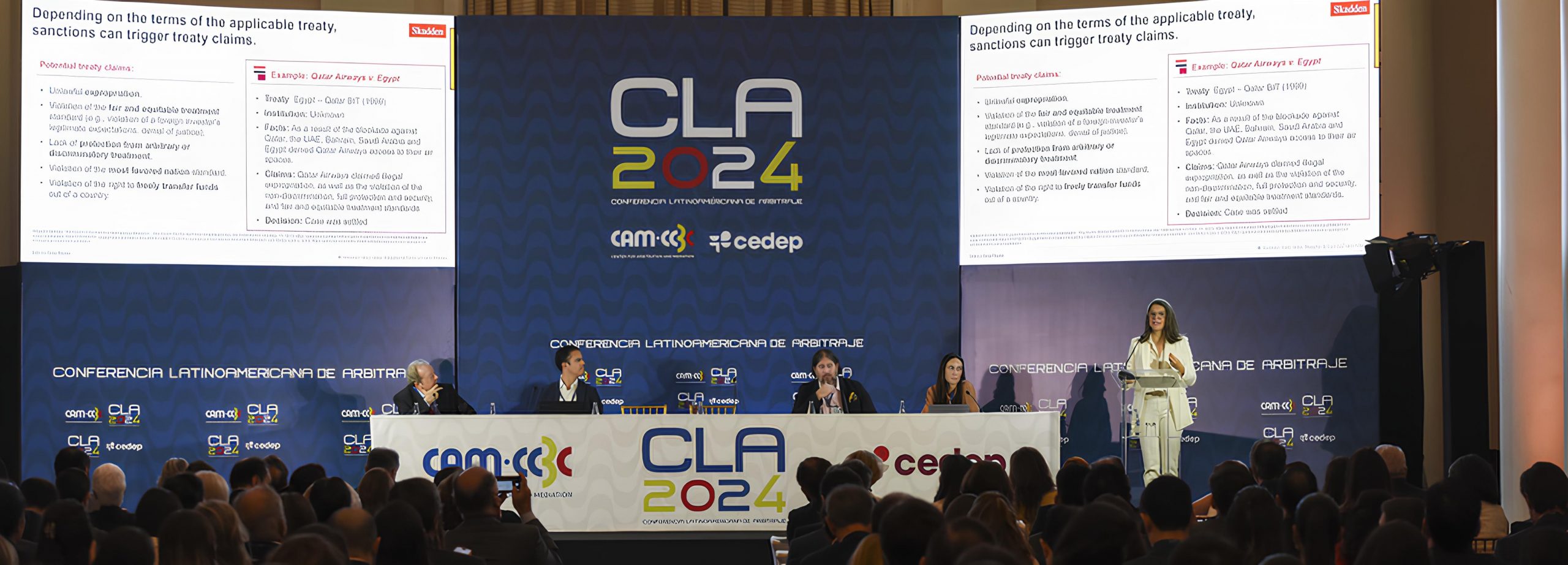Oportunidades em setores como transportOpportunities in sectors such as transportation, energy, technology, and sanitation will continue in 2023
By Sérgio Siscaro
Canada has seen Brazil as an important destination for infrastructure investments. Even between 2017 and 2020, a period in which there was a reduction in the development of infrastructure projects in the country, the total allocated to projects whose final controller was Canadian showed an increase of 44.4% – from US$ 10.696 billion to US$ 15.447 billion. And this trend continues: by 2021, Canada would have invested US$ 19.78 billion in the country (considering equity participation and inter-company operations).
Even with the uncertainties regarding the Brazilian political scenario, the prospect is that Brazil will continue to be an attractive destination for Canadian investments in 2023. The reason for this is the need to resolve various bottlenecks in the country’s infrastructure, which would make it possible to meet repressed demand – whether in basic sanitation systems, the flow of products destined for export, or the supply of energy.
Some examples of the opportunities that may arise in the medium term are the privatization of the port of Santos – the second largest in Latin America in container movement – and the flow of soybeans and corn through Nova Ferroeste and Ferrogrão, besides the construction of gas pipelines and the expansion of the highway network.
Structuring projects
“The country needs large structural infrastructure projects in order to develop. The investment that will allow this to happen will have to come, in large part, from the private sector, since the government does not have the capacity to act alone,” says the coordinator of the Infrastructure and Investment Commission (CII) of the Chamber of Commerce Brazil-Canada (CCBC), Marcio Francesquine.
According to him, this Canadian interest applies to several areas of Brazilian infrastructure. In this regard, it is worth remembering the movement of Canadian pension funds in recent years, when they acquired control of the company Evoltz, which operates six electricity transmission lines, and part of the blocks auctioned by the State Water and Sewage Company of Rio de Janeiro (Cedae).
“We have four of the major Canadian funds here in Brazil. They have a long-term investment profile – something like 30 or 35 years. This means that the current political or monetary instability is not an obstacle to their interest in investing in the country”, he ponders. He points out, however, that an important factor for attracting more investments is the promotion of changes in legislation or the continuity of privatizations, citing as an example the fact that the Sanitation Legal Framework (law 14,026/2020) made it possible to attract investments in the sector, by enabling the private initiative to enter the segment.
Areas of interest
When detailing the segments of Brazilian infrastructure that are most attractive to Canadian investors, Francesquine highlights, besides basic sanitation, the areas of energy, transportation and logistics.
Besides the urgent need to untie the knots in Brazil’s infrastructure, another important factor that could contribute to attracting Canadian investments is the process of transition to a low-carbon economy. Projects that lead to a greater use of renewable energy sources, for example, may be the object of foreign interest, such as wind or solar parks.
“Canada has a very strong experience in the area of cleantechs, energy efficiency and carbon footprint reduction. The country has a tradition in the sector that, without a doubt, can help the development of this segment in Brazil”, he evaluates.
CCBC’s role
Carrying out its mission of stimulating an increase in bilateral exchange, CCBC promotes, through the IIC, the exchange of information and brings Brazilian and Canadian businessmen closer through a series of activities. These include lectures, seminars, and identification of trade and investment opportunities.
According to its coordinator, the idea is to further strengthen this action. “We want to reflect in the commission the most active segments. We are preparing the proposal to create subgroups that can better develop the bilateral relationship in the area of innovation in infrastructure. We understand that it will be necessary not only investments, but also the incorporation of new technologies. We are also establishing a specific group to deal with the issue of investments,” he concludes.





